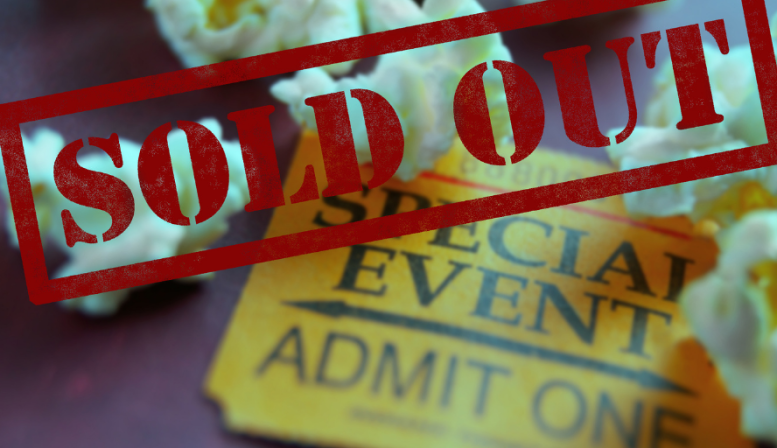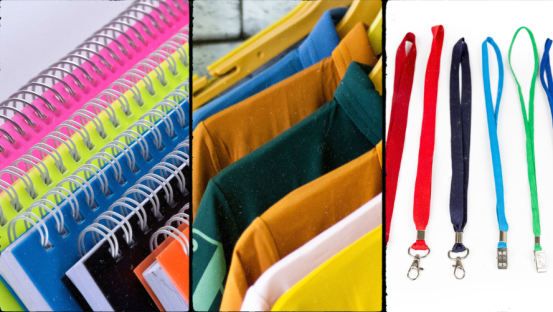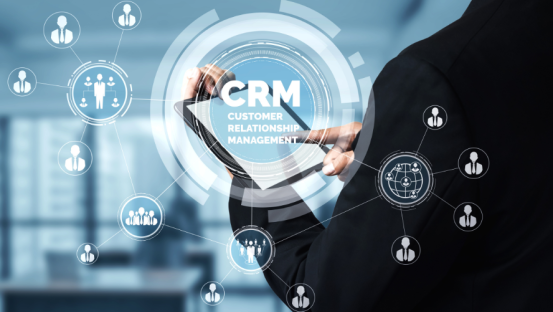How to Sell Out Your Next Event

Perhaps the most important thing for us to say before we get started is that there’s actually nothing you can do to ensure that your next event sells out. Instead, it’s all about maximizing your chances.
The good news is that there’s a lot that you can do to give yourself the best possible chance of selling out your big event, and we’re going to cover just a few of the most important steps that you can take in today’s article.
Let’s get started.

1. Start early
The earlier you start, the better your chances are of selling all of your tickets. There are a few reasons for this, including the fact that it gives people plenty of warning and allows them to mark the date of the event on their calendar, getting in there before competing appointments. It also gives you more time to deploy your marketing campaigns and to work on those people who are interested in attending but not quite ready to commit.
2. Use affiliate links
Affiliate links can be a great way of selling more tickets because you’re essentially passing your marketing on to other people who can sell your tickets for you in exchange for a small kickback or referral bonus. Affiliate links should never be your only marketing strategy, but they can be super useful when you combine them with other avenues.
3. Use tiered pricing
Many events use some form of early bird pricing in which they reward people who purchase tickets early by allowing them to snap them up at a reduced price. There are two different ways to use tiered pricing. The first is to use time-based discounts in which the lower prices are only available to people who purchase before a specific date. The second is to use volume-based discounts, such as using reduced prices for the first 500 ticket sales before increasing your rates to full price.
4. Drip feed speakers
Some event organizers make one big announcement where they reveal all of their speakers in a single go. We find that it generally works better to drip feed information about the speakers by announcing them in small groups, or even one at a time. That allows you to do a better job of focusing on the value that each individual speaker will bring to the table and to ensure that one name doesn’t get buried under the noise created by others.
5. Work with the venue
Depending upon the venue that you’ve chosen for your event, you may be able to work with their marketing team to drum up interest and to boost your sales. Some venues will even be happy to take a certain percentage of tickets and to sell them on your behalf in exchange for a revenue split. Note that the feasibility of this tactic depends upon the venue that you’ve chosen, and whether it’s in-person or online.
6. Allow people to pre-network
A lot of events allow attendees to sign into their website and see listings of, or network with, other attendees. They can then set up meeting requests or contacts through the site. This allows people to make the most of the networking opportunities that your event has to offer before your doors even open, and it gives people an extra incentive to buy tickets early. Just make sure that you have people’s permission to add them to the listings, because otherwise you risk falling foul of data protection laws.
7. Bundle ticket sales with special offers
Another way to add some value for people who purchase tickets is to provide them with some discounts and special offers. For example, you could work with local hotels and restaurants to enable attendees to get special discounts on booking, or you could reach out to online retailers and strike up a deal with them. Some people will turn you down, but others will bite your hand off. After all, from their point of view, it’s an easy, risk-free way for them to boost their sales.
8. Display a ticket sales countdown
This is one of the oldest tricks in the book and is used all the time by e-commerce sites. The idea is to show a real-time countdown of how many tickets are left so that people can see that the number of remaining tickets is dropping all the time. You should couple this with a call-to-action that tells people to make their purchase quickly, before it’s too late.
9. Run advertisements
Advertisements are always a powerful way of getting word out, and they’re particularly good for events because of the amount of granularity that’s on offer. For example, if you use Facebook ads, you can target people based on their interests and demographic data. You can even target people who are in the area that’s local to your event if you want to increase the odds of local people purchasing tickets. After all, it’s easier to travel to a local event and much cheaper if you can go back home afterwards rather than stay in a hotel.
10. Tap into your email list
If you don’t already have an email list of contacts, you should start building one as quickly as possible. Once you’ve got an email list, it’s a natural place for you to start promoting your event, but you should be careful not to overdo it because you risk causing fatigue or annoyance and pushing people to unsubscribe from your list if you pester them too much.
Conclusion
Now that you know just a few of our tips for selling out your next event, we want to hear from you. Be sure to share your thoughts in the comments and to let us know all about the events that you’ve got coming up.
In the meantime, feel free to follow us on your social networking sites of choice for further updates, and be sure to come back often so that you don’t miss an article. We’ll see you soon!






